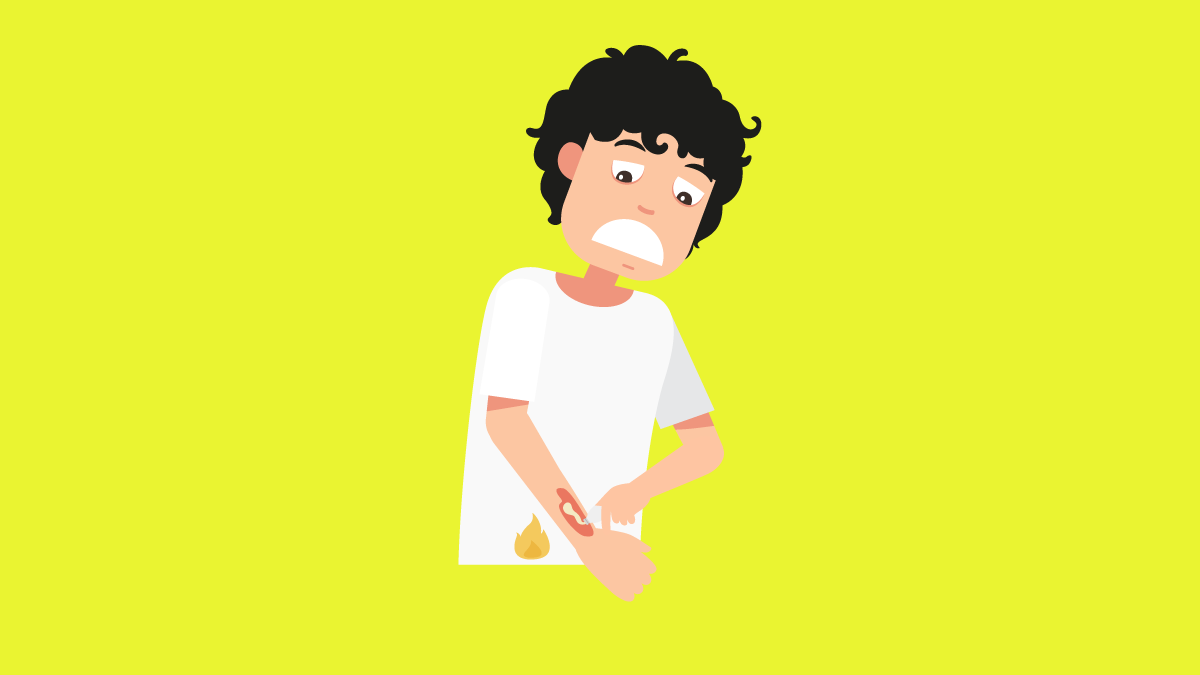If you’ve burned yourself, dealing with the pain can be a struggle. Burns are some of the most painful injuries you can sustain, and in the literal heat of the moment, you might not know what to do or how to react.
Severe burns can have serious consequences, so if you suspect you’ve sustained a second or third-degree burn, you’ll want to visit the hospital to get it professionally checked out and treated. However, if the burn is superficial, here are some of the steps you should take to get it handled.
Report and Document it
First of all, if the incident occurred at work, it’s important that you document what happened and how it happened. Write out a report and gather any evidence you can about how you sustained the burn and what the results of the incident were.
You’ll need this information in case you need to file for compensation, and especially in cases where your employer is reluctant to offer it. You can get help from a no win no fee burn lawyer with your case.
Cool it Down
However, when it comes to the actual treatment of the burn, the first thing you’ll want to do is cool down the affected area. You’ll need to try to cool down the wound as quickly as possible, and you can do this by running the burn under cold water or using ice or an ice pack if you have those at your disposal.
Cooling it down will help alleviate the immediate pain and any swelling you might be experiencing, but also reduce your risk of dealing with scarring later on.
Treat it At Home
Once your burn has cooled and the pain has eased slightly, you’ll need to treat it. Some people recommend toothpaste for burns but this isn’t a good idea, according to experts.
Instead, you can treat your wound with other soothing treatments like aloe vera, which will hydrate it and offer a soothing sensation. Other options include honey, which will act as an anti-inflammatory, or a prescribed antibiotic ointment which will keep the wound clean and can even help reduce pain.
Keep it Covered
Your burn will likely be painful and sensitive to the touch for a little while. This is why it’s important to keep it covered by a clean and sterile bandage, preferably with gauze.
Since your burn has already been treated, you’ll want to try to keep your bandage dry and free of ointments, since the moisture could lead to an infection.
Take Some Pain Meds
If you’re struggling with pain even after cooling, treating and bandaging your burn wound, you could try taking some painkillers to ease the pain, or even try more natural methods of pain relief.
Alongside pain medication, you can manage your pain by resting the affected area, keeping it elevated if possible and avoiding tight-fitting clothing for a few days until it’s less sensitive.
Change Your Dressing
Keeping the wound clean is important – if your burn wound gets infected this can be even more painful and prolong the healing process by quite a long time. Naturally, we want to avoid infections at all costs.
Changing your dressing at least once a day is a good way to make sure that everything is clean and healing well. Simply remove your dressing, clean the wound and then reapply a fresh bandage. You might also like to let your wound breathe for a while and dry out before applying a fresh layer.
Seek Medical Help If Necessary
Home remedies and treatments are usually fine for smaller, first degree burns, but a second or third-degree burn will require immediate medical assistance.
Even superficial burns might require a doctor’s visit though. Some of the signs that you should seek out medical attention include pus at the burn site, fever or difficulty breathing, skin that looks charred, burns that won’t heal, continual pain, or burns around your groin or genitals.
Final Thoughts
Although painful, a minor burn can be easily managed and treated in the comfort of your home, and usually won’t need any medical intervention further than your first-aid kit.
However, it’s important to remember to take the matter seriously, especially if you were injured at work, and to avoid home remedies that might be dangerous and cause you more harm. Do some research before applying any ointments or home remedies to any wound you might have, and when in doubt, always ask a health professional.

